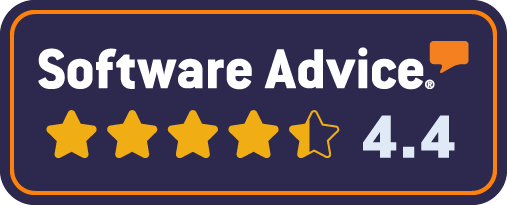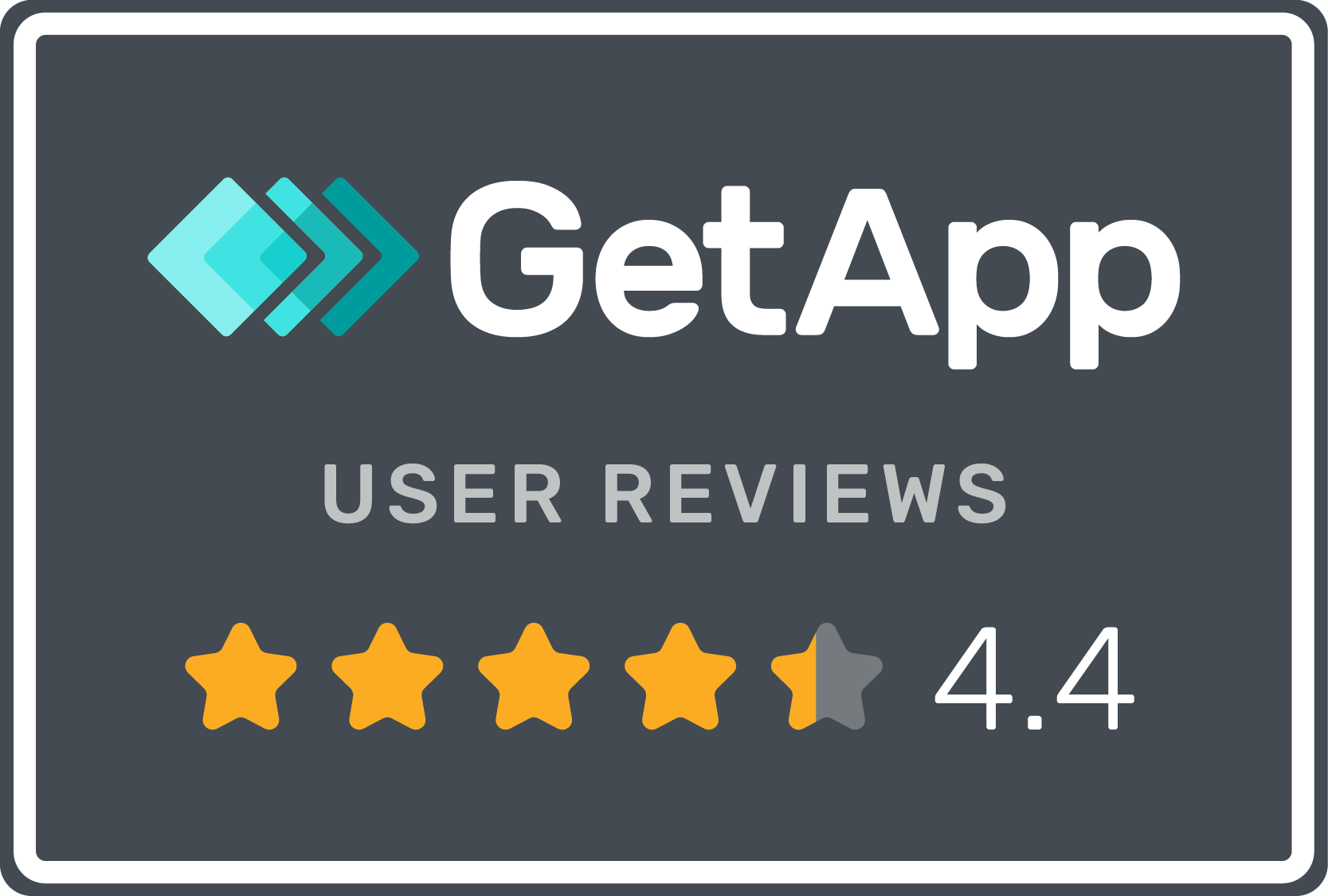Whether you employ ten or ten thousand staff, having a robust employee attraction and retention strategy is integral. The aim is to retain competent and able-bodied staff while minimising employee attrition.
Let’s get into the importance of employee attraction and retention, as well as some strategies to help you minimise turnover.
why employee attraction and retention matters.
Why is it so imperative to attract the right people and maximise retention? It’s quite simple: It all comes down to recruitment costs.
Hiring employees isn’t cheap. It’s seldom as simple as placing an advert on Indeed and waiting for a response. Beyond hiring, the position may require training, medical screening, criminal background checks, etc.
In fact, it costs companies £3,000 on average to hire a single employee for an entry-level position. The cost can multiply substantially for more senior roles.
what about bad hires?
You may also end up terminating employees due to poor performance. Some applicants meet all the requirements and ace the interview. However, once they begin the job, their performance fails to reflect their credentials on paper. The ramifications of a bad hire can be severe and cost companies roughly 30% of the employee’s annual salary to replace them.
There are also secondary consequences that come with a bad hire, including:
- Lost productivity
- Multiple no-shows or sick-leave requests
- Customer complaints
- Erosion in staff cohesion and employee engagement
- It can damage staff morale
building a recruitment and retention plan.
Here are five strategies for your HR function when devising solutions to attract strong employees and minimise turnover.
1. provide advancement opportunities
In a study by the Society for Human Resource Management, 29% of respondents cited a lack of advancement opportunities as the primary factor when contemplating a career switch. It’s a gradual morale killer for employees to work for the same company and in the same position for years on end. In your hiring and retention plan, outline what career advancement opportunities are available.
When there’s a vacant senior role, instead of hiring a new member, consider promoting an existing employee to that role. In your internal company newsletters, announce when there are vacancies for management positions and outline the qualifications. Use these newsletters to congratulate members who get promoted.
2. acknowledge stellar performance
A simple acknowledgment for work well done can be a huge morale booster. Employees are also three times less likely to resign when they feel appreciated in their workplace, according to a report from HR Digest.
A simple public appreciation of individuals or whole teams is a strong start. Sharing good news and results on internal communications (emails or intranet). However, it’s a good idea to allocate a budget for employee appreciation activities/items. This may include:
- A social outing to a restaurant/pub
- Gift cards
- Consideration for future promotions or pay raises
- A customised trophy or placard
3. build a strong onboarding team
Consider investing in a department that specialises solely in employee recruitment and retention. If this is too expensive, then you can outsource to a third-party service. Research from the job search site Glassdoor revealed that companies with an employee onboarding/retention department saw an 82% improvement in retention.
Apart from bringing in new hires, the department can also conduct routine wellness checks on existing employees. This department should also have an open-door policy for current staff members, allowing employees to speak confidentially to someone at any time regarding any issue.
4. foster a work-life balance
Turnover rises dramatically when employees feel like they’re being overworked and are constantly working on tight deadlines. Working under a time crunch is notorious in the gaming and SaaS industries and is a common source of lost productivity and morale.
In most industries, it’s natural for employees to do some work-related stuff at home, but try to keep this to a minimum. Recognise that when employees are at home, they’re people with families; they’re not your employees at that moment. Keep the following in mind:
- Limit work-related correspondence outside of business hours
- Inform employees ahead of time if you need them to work additional hours; compensate them appropriately.
- Limit work to no more than 45 hours per week. Experts believe anything past 45 hours may take a physical, mental, and psychological toll on employees.
- Plan projects well in advance to avoid crunch times.
5. offer wellness provisions
Provide perks that keep employees physically and mentally fit. For example, the company may reimburse employees for half the cost of a gym membership or a stress management class. Employees who stay healthy in body and mind perform better at work. Alternatively, you may start your own in-house corporate wellness program. Participation should be voluntary, especially if it’s outside of work hours.
let hireful create your company retention program.
Onboarding and retention are labour-intensive and expensive processes. At the same time, you can’t afford to overlook this vital function. Fortunately, with a system like hireful ATS, the role becomes far more manageable. Book a demo today to find out how our system streamlines employee acquisition.


















